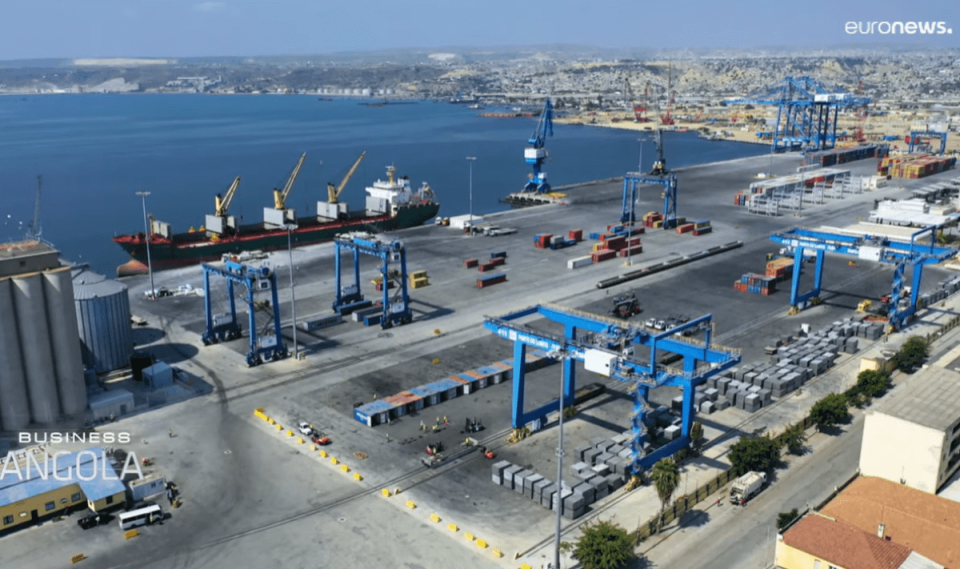A new report has shed light on maritime crime in Southern African Development countries, including South Africa, Angola, and Namibia. Transnational criminal networks utilize vessels to transport illicit commodities across the South Atlantic Ocean.
Compiled by Enact Africa, the report reveals that these networks exploit existing legal trade and established routes, often using high-volume ports like Durban and Walvis Bay. The large volume of legitimate trade complicates the detection of illegal activities, especially when legal and illegal shipments of the same commodity are mixed.
Maritime crime in the region primarily involves illegal fishing, oil smuggling, and drug trafficking. Angola and Namibia struggle with illegal fishing and fuel smuggling, while South Africa is a key hub for cocaine transit and faces poaching challenges. Corruption at various government levels exacerbates these issues.
The report indicates that most cocaine entering South Africa comes from Brazil in shipping containers. Vessels registered in different countries and carrying diverse crews complicate enforcement efforts.
Various vessel types facilitate transnational organized crime, and the choice of vessel depends on the type of cargo and the corruption level among crew members. Shipping containers allow for bulk shipments and often hide illicit goods among legitimate cargo, making them difficult to detect.
For instance, a 400kg cocaine shipment was seized in Namibia in 2018 after transiting through Cape Town, hidden among photocopy paper. Criminals can also attach drugs to vessels for retrieval at different ports.
Author Carina Bruwer noted that maritime crimes originate from land-based causes, with many violations linked to crew labor conditions in fisheries. Despite efforts by law enforcement, countries in the region face significant resource challenges in protecting their maritime interests.


